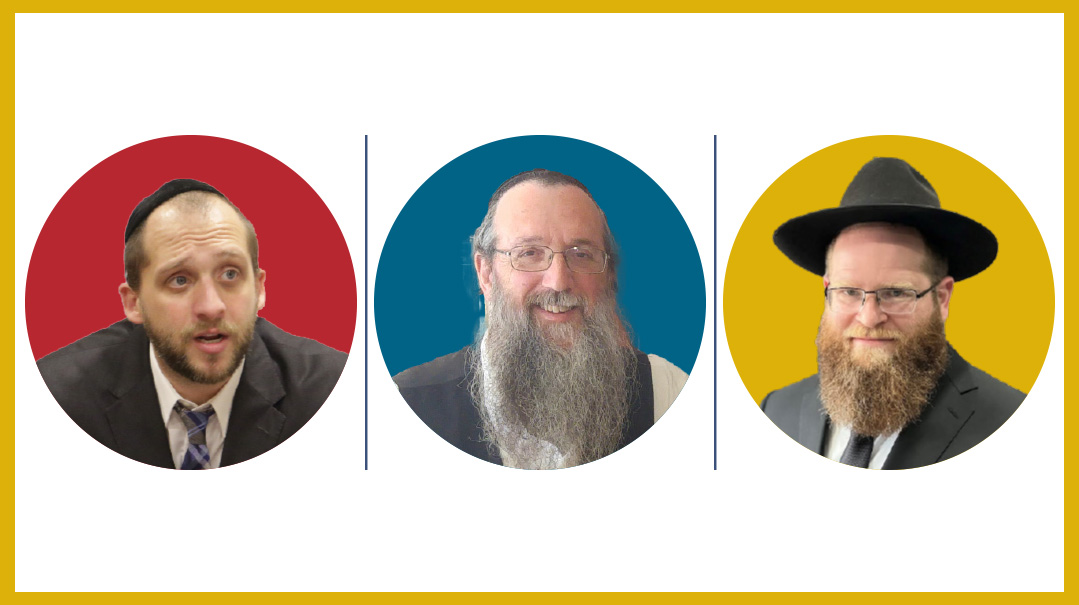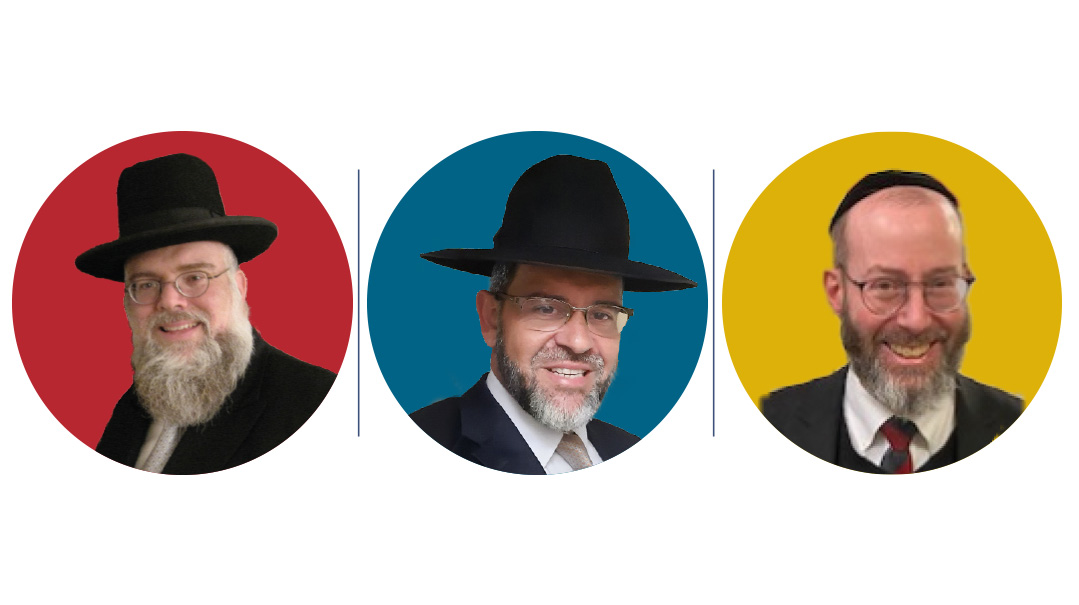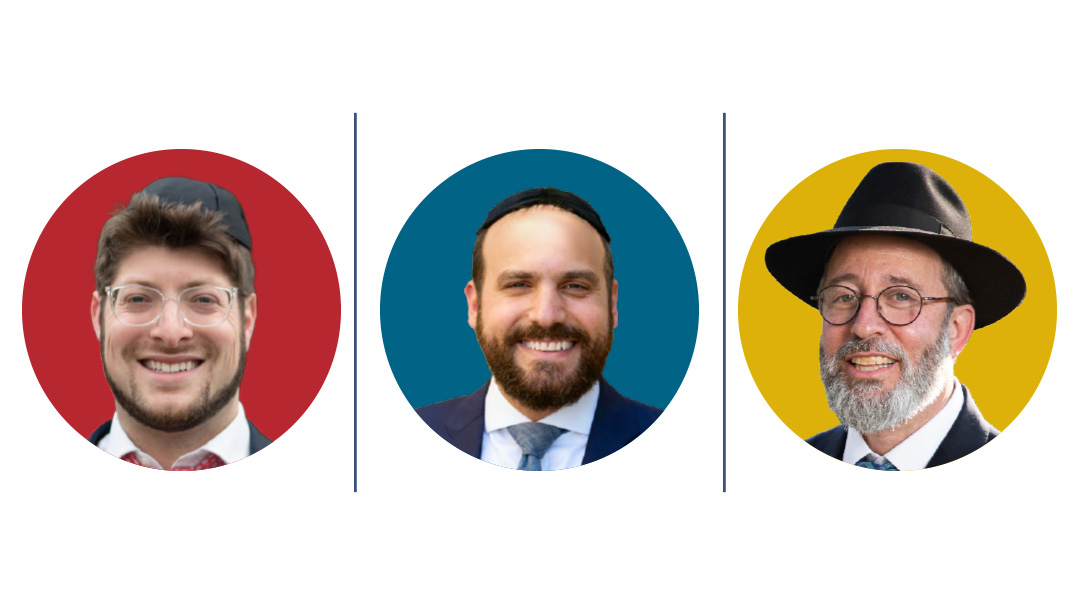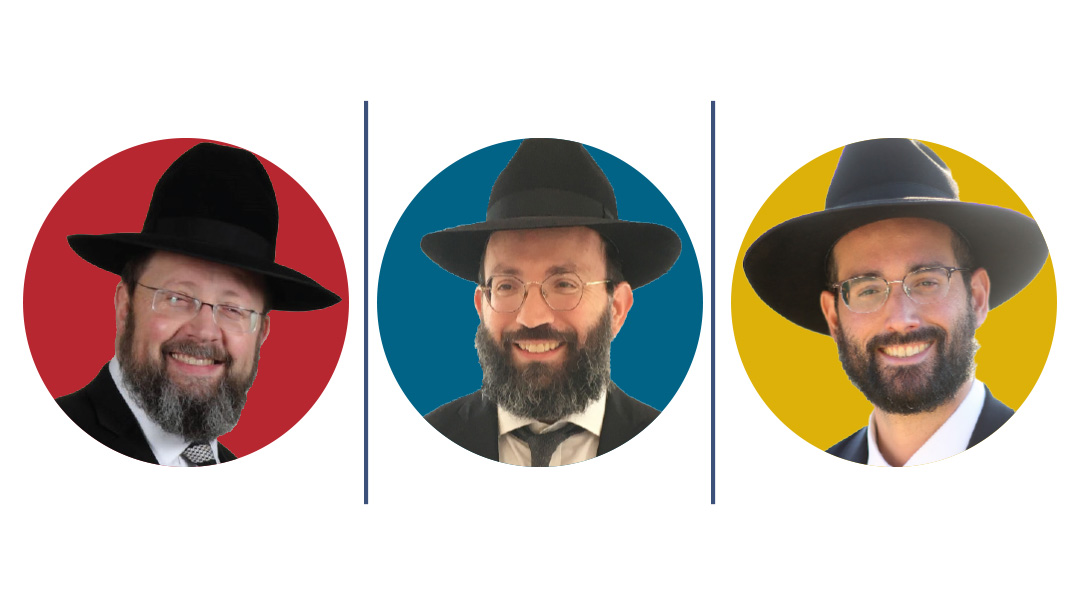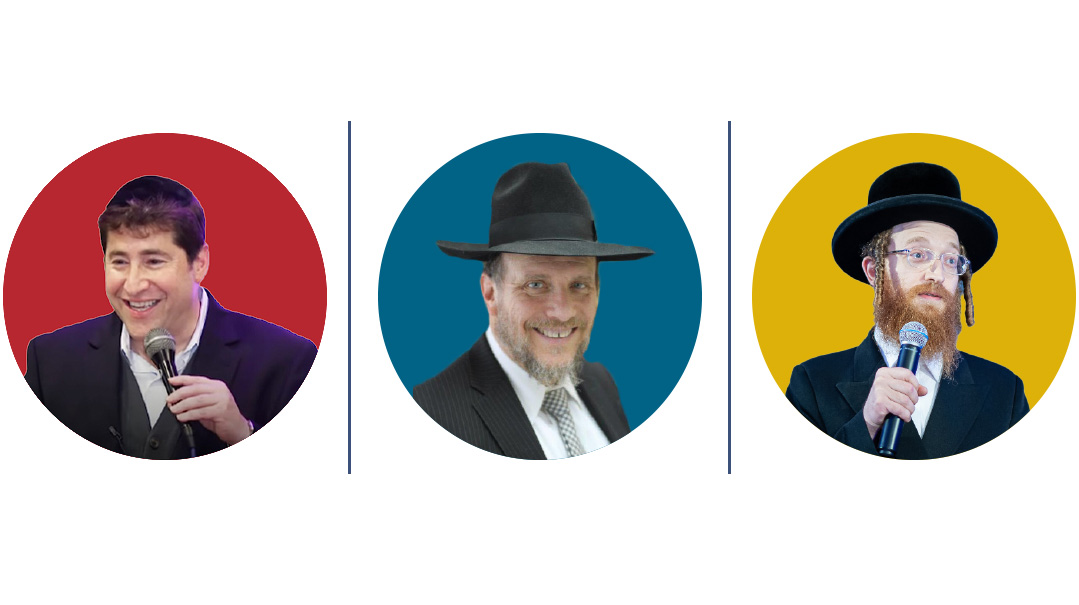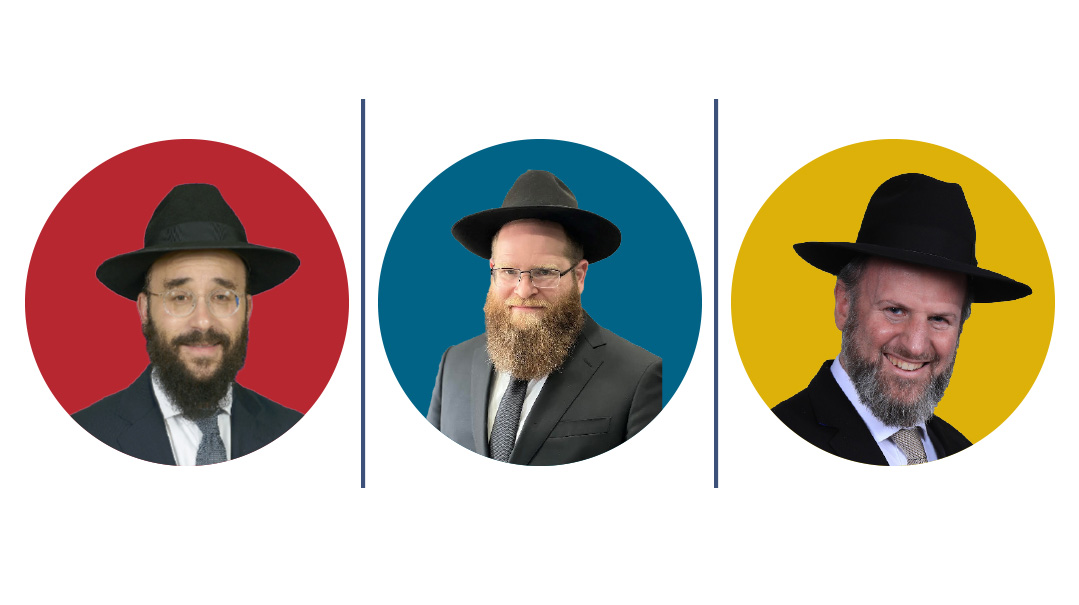Learning Sifrei Mussar/Chassidus of Other Groups

"Rare is the person who can practice more than one approach"
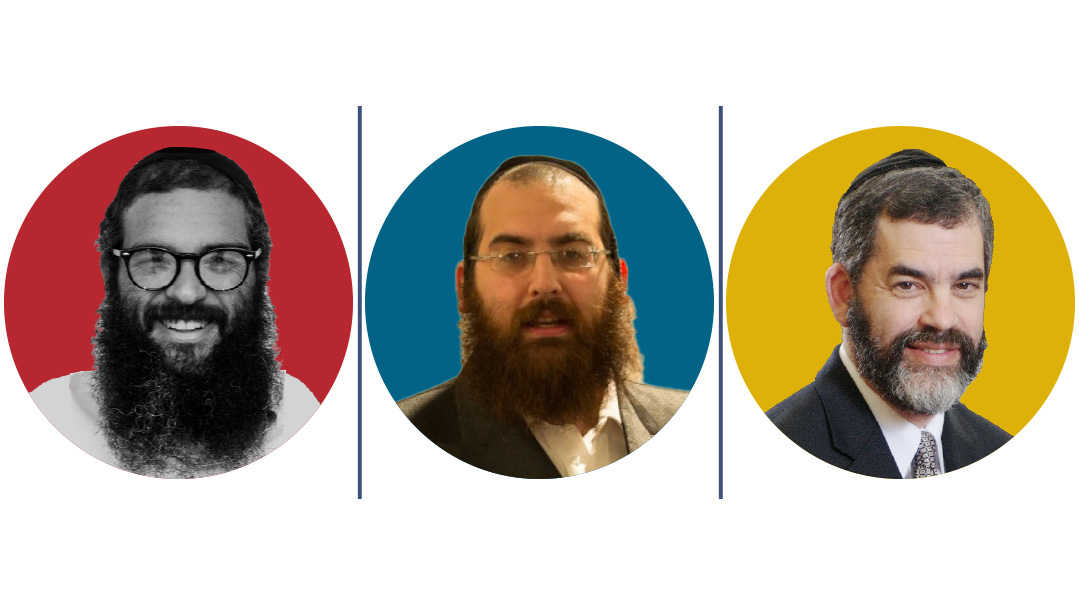
The claim:
No matter your path in Yiddishkeit, you can always benefit from broadening your hashkafic horizons by learning sifrei mussar/chassidus associated with different groups.
Agree, Disagree, and Why?
Rabbi Judah Mischel
Agree
"Hashem sefasai tiftach…” In addition to being a request to the Ribbono shel Olam that He open our mouths so we can sing His praise, this preface to the Amidah is also a prayer that we open and expand our boundaries so we can emulate His infinite nature.
Jewish life and learning thrive in difference. Torah creativity, hashkafic, and halachic thought proliferate within an array of different perspectives. “Eilu v’eilu divrei Elokim Chaim —Both these and those are words of the living G-d” (Eiruvin, 13b). Without difference of opinion, there is not a “living God” but a “dead” one, chas v’shalom.
Avraham Avinu and Sarah Imeinu spent decades sharing the word of G-d, and were enthusiastically joined by the nefesh asher asu b’Charan, the souls whom they had brought under the wings of the Shechinah. However, after this pasuk, we don’t hear about these students again as being attached to the Jewish People.
Reb Shraga Feivel Mendlowitz taught that the people of Charan were attracted by the form of avodas Hashem they had witnessed in Avraham, but when Yitzchak embarked on a different path, they didn’t recognize or understand his specific derech. Unable to engage with his path, these nefashos returned to Charan and their former lives. For our own sake and for each other, we must learn to appreciate more than one approach to Torah.
The Alter of Novardok urged his talmidim to diversify their time in self-development, and to explore different areas of Torah study: “Plant in many places; see what grows.” This hadrachah has been the driving force in my own journey, and I have seen how it can be life-saving for talmidim. Whether with ourselves, our students or our children, we never know what facet of intellect or emotion will be illuminated and opened from exposure to a specific derech, deeply nourishing a hungry heart and thirsting soul.
“Taamu u-re’u ki tov Hashem — Taste and see that Hashem is good!” Explore the vast garden of Torah, and uncover new sources of sweetness, sustenance, and strength to taste and share.
“Ki Keil de’os Hashem — For a God of [multiple] perspectives is Hashem” (Shmuel I, 2:3). When we explore the shivim panim laTorah, we can begin to understand the countless paths of Yiddishkeit. And only then can we aspire to engage with the infinite expanse of the Ribbono shel Olam.
Rav Judah Mischel is executive director of Camp HASC, the Hebrew Academy for Special Children. He is the mashpiah of OU-NCSY and the author of Baderech: Along the Path of Teshuvah. Rav Judah lives in Ramat Beit Shemesh with his wife Ora and their family.
Rabbi Aryeh Royde
Agree. However
Ching Fong, a proud Chinese, lives and loves his culture which includes foods, traditions, and a school of thought. When he visits America, he may enjoy the sights and the food, he may even take home with him some recipes and gadgets, but he’ll never get excited or adapt customs that will contradict Chinese culture.
People today like to read and learn from everyone. Classes are widely available on platforms such as TorahAnytime, Meaningful Minute, and many others, and it’s beautiful. I believe there is a downside, however, which is not having a clear mehalech in avodas Hashem. When you stick to your rebbeim and learn from sefarim that share the same hashkafah as yours, you have clarity, things make sense, and there are no contradictions in the details of the mitzvos. Everything you learn fuses together.
That doesn’t mean there isn’t a place to taste what others have to offer. Once you have that clear perception, you’re happy with your way of life, and it brings you closer to Hashem, then you can certainly read what others have to share. It’s valuable to realize that there are other legitimate paths in Yiddishkeit, and your way isn’t the only way to serve Hashem. Ultimately, when you see where other people are coming from, you appreciate that their differences are rooted in legitimate tradition. But again, this is assuming you are coming from a place where you are solidly rooted on your specific path.
I was asked to speak to a young man from my community who was struggling with Yiddishkeit. He still looked the part of a chassidish bochur, but as I found out, he was barely keeping anything.
He shared with me how confused he was, how he would hear conflicting messages about a specific Yom Tov or time of year being the “most special,” or different opinions on a time being a time to laugh or a time to cry. Nothing made sense to him, and he felt that therefore nothing was true.
I spent some time learning a specific mehalech with him, showing him how you can make everything fit the puzzle if you stick with one path.
Today, my greatest nachas from him is seeing how he lives a certain way, but at the same time, he’s confident enough to learn other seforim, to “nosh” from different groups of thought. He is able to see that we all worship the same G-d and have the same end goal.
Rabbi Aryeh Royde teaches in numerous seminaries and is a sought after public speaker. He is the founder of the Traveling Chassidim kiruv orginazation. Rabbi Royde also counsels boys and girls from the community who are struggling with Yiddishkeit.
Rabbi Ilan D. Feldman
Agree, partially
I
agree there is benefit to broadening one’s perspective, but only up to a point.
Mussar cannot be learned, it can only be absorbed. Mussar is not information, not an intellectual pursuit. It is the process of incorporating a worldview in such a way that in the moment-by-moment challenges of life, a person’s responses are naturally governed by that perspective.
Mussar seeks to restore a person to a level of bechirah where his choices will reflect an approach consistent with a connection to HaKadosh Baruch Hu and not the alternative. When a soldier who has been through basic training goes onto the battlefield and finds himself facing an enemy, he doesn’t have to decide what to do in the heat of the moment. If he has mastered the skills of warfare, he will naturally react to the situation as he learned to in his training. Similarly, the person who has mastered a particular approach in mussar is now actually mastered by that approach.
While there is benefit to being familiar with other systems of thought dealing with yiras Shamayim, it seems to me that the greatest benefit is the clarity one gains in one own’s approach by noting contrasts in terms and emphasis.
But let no one be fooled. Real mussar demands full and singular commitment to a specific kind of training. It’s unlikely that a person who is eclectic in his study of mussar will gain anything more than an ability to discuss different approaches intelligently.
“Learning” mussar, even chassidus, is a misnomer; “practicing” is a more appropriate term. Rare is the person who can practice more than one approach.
Rabbi Ilan D. Feldman, a musmach of Yeshivas Ner Israel and son-in-law of Rav Weinberg, has served Congregation Beth Jacob of Atlanta since 1980, and since 1991 as its senior rabbi. He is the founder of the Atlanta Scholars Kollel and dean of the Atlanta Kashruth Commission. Rabbi Feldman is also the founder of the Atlanta Chapter of JACS (Jewish Alcohol, Chemical Addicts, and Significant Others), and Getting Chai, an outreach program for Jews and their families recovering from the disease of addiction.
(Originally featured in Mishpacha, Issue 909)
Oops! We could not locate your form.

